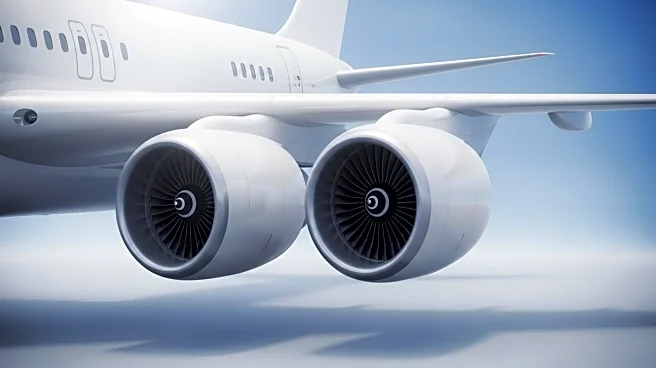What is the story about?
What's Happening?
Delta Air Lines is undertaking a major initiative to replace engines on over 300 of its Airbus A320 aircraft due to issues with toxic fumes leaking into the cabin. The airline began this replacement process in 2022 and is now more than 90% complete. The fumes, which can pose health risks to crew and passengers, have been a concern for years, with flight attendants reporting adverse effects. Delta is also exploring new synthetic turbine oils to mitigate the problem.
Why It's Important?
The replacement of engines by Delta Air Lines is a critical step in ensuring passenger and crew safety, addressing long-standing concerns about cabin air quality. This move reflects the airline industry's broader efforts to improve safety standards and reduce health risks associated with air travel. The initiative may set a precedent for other airlines facing similar issues, potentially leading to industry-wide changes in aircraft maintenance and safety protocols.
What's Next?
Delta's proactive approach may prompt other airlines to review their own aircraft maintenance practices, especially concerning cabin air quality. Regulatory bodies might also increase scrutiny on airlines to ensure compliance with safety standards. The completion of Delta's engine replacement program could lead to improved customer confidence and potentially influence market dynamics in the aviation sector.
















